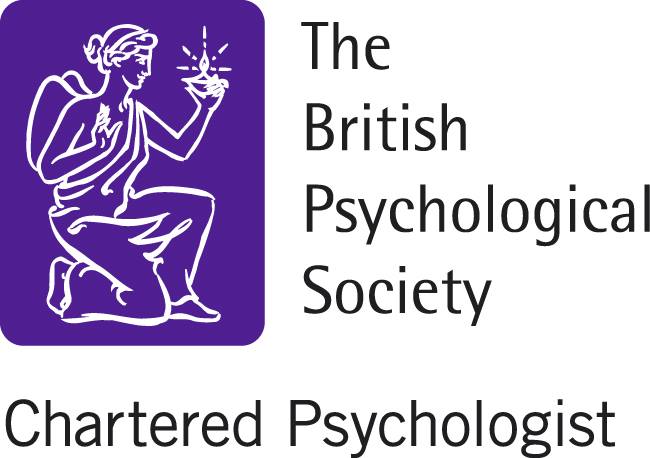F.A.Q
What is a Clinical Psychologist?
Clinical psychologists specialise in understanding human emotion and behaviour. They work with you to try and understand your difficulties and help you make sense of them. This is often done by producing a formulation which draws on psychological theory or models. The aim is to understand your distress and help you improve your overall wellbeing. Clinical Psychologists train for a minimum of 8 years and gain experience across the developmental lifespan; from children and adolescents to adults to older people and those with learning disabilities.
Why do I need an assessment?
An assessment will help me gain the relevant information about your personal difficulties and how they have developed. I will look at the here and now, that is, how things impact on your general everyday functioning and I will also ask about your earlier life. For some people, it is more appropriate to keep the focus in the present time, while for others it could be more beneficial to focus on your past. The assessment will help me decide which form of therapy may be most suitable.
If you are not sure if therapy is what you need you are welcome to telephone for an informal discussion or e mail some details. I will be happy to discuss whether attending for an assessment may be a useful way forwards.
What happens after the assessment?
After the assessment I will give you my professional opinion about whether I may be able to help you and offer a course of treatment if appropriate. The number of sessions can be agreed at this point.
In some cases I may feel that I am unable to help. If this were the case I would always try to advise you on an alternative course of action.
How many sessions will be required?
This is completely dependent on your own situation. Some people only require a few while others prefer to commit to a longer term treatment.
Can I talk in confidence?
In the main yes but I am bound by ethical principles and guidelines produced by the British Psychological Society and the Health Care and Professionals Council, therefore in extreme cases the disclosure of certain information would need to be passed on. This would all be explained during the assessment phase.
What is the difference between a Psychologist and a Psychiatrist?
A Psychiatrist is a medical doctor who has gone on to specialise in the area of mental health. They have skills in assessment and diagnosis and often prescribe medication/s as a treatment option. Some Psychiatrists have also received training in psychotherapy or a specific ‘talking therapy’. A Clinical Psychologist specialises in assessment, formulation and talking therapies as their preferred treatment option. They do not prescribe medication. There is no problem if you are already medicated for your mental health. In some cases a combination of medication and a talking therapy is the best treatment to consider.
What is the difference between a Psychologist, Psychotherapist or Counsellor?
The difference will be the type and length of training they have received. Some psychotherapists and counsellors train in one style of therapy and become an expert in that type of treatment. Others will gain experience in a number of different treatment styles. As private therapy is a financial as well as an emotional commitment you should always ensure the person you chose is appropriately qualified and belongs to a professional body.


